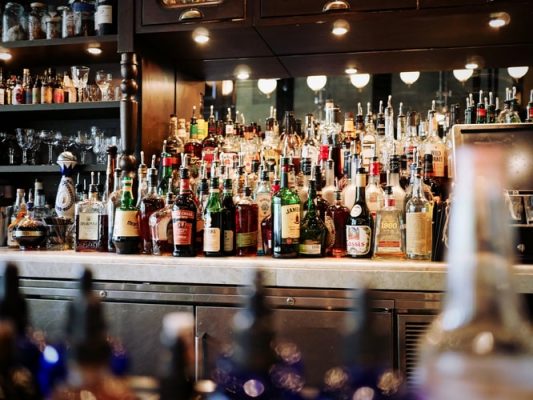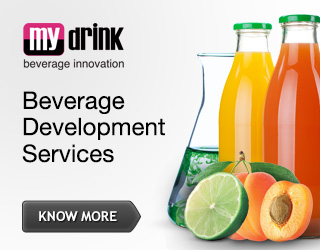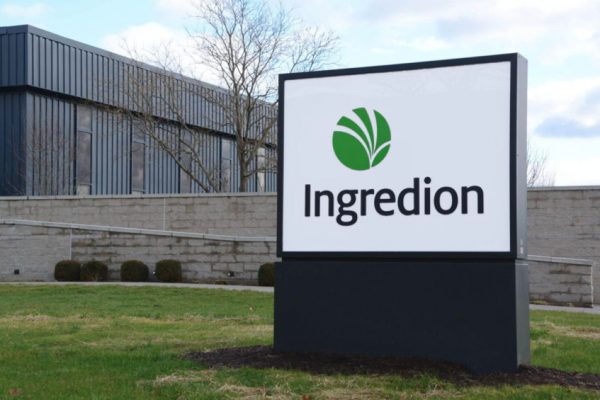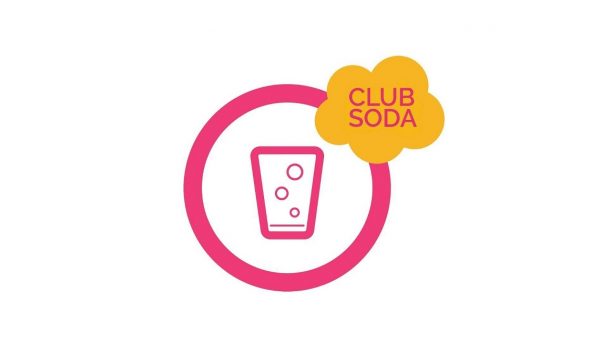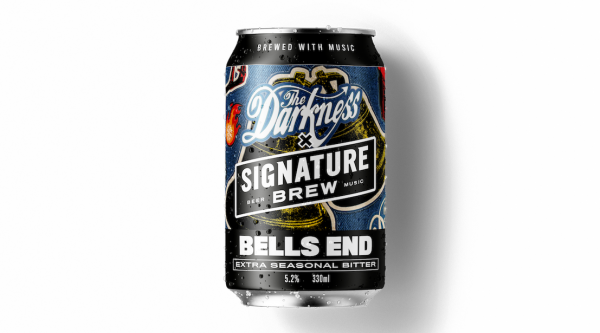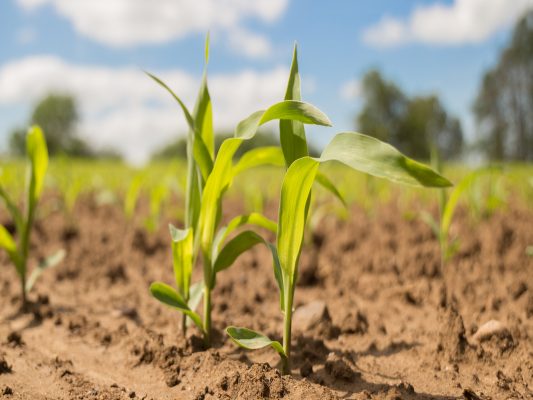How To
New GST Taxes for Carbonates Open Huge Opportunity For Beverage Innovations
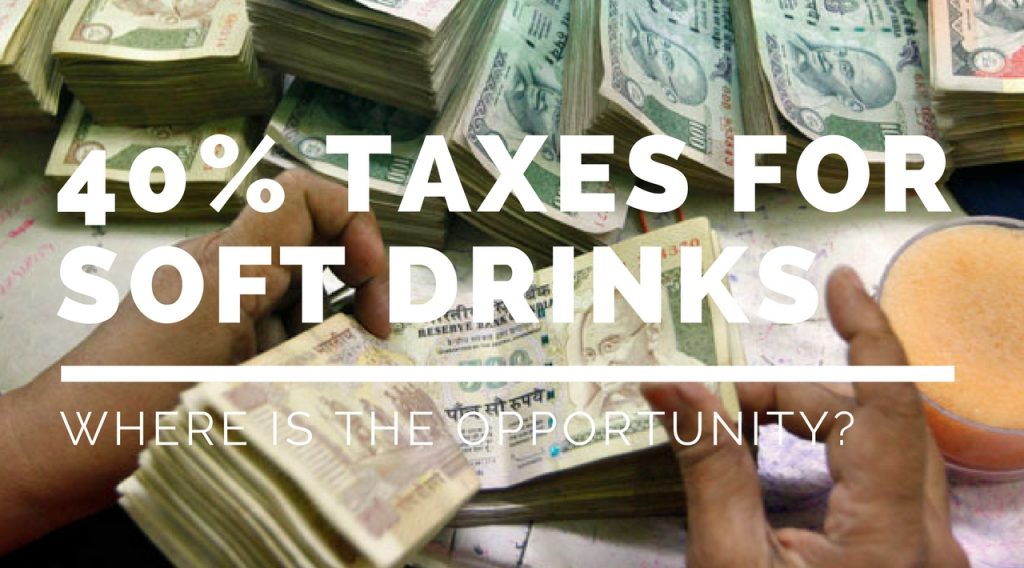 Recently, the Indian government introduced a revised GST for soda (carbonated) drinks. The new rules state that aerated/carbonated drinks and possibly any drink with added sugar will attract a total duty of 28%–40% tax and a 12% additional levy. The taxes are categorized as 12%, 18%, and 28%. Multinationals are certainly not happy with this tax structure, and they are emphasizing the need for a division based more on sugar content than on aeration, and requesting that the government address this concern. At present, taxes on soda drinks vary from state to state; however, in the majority of cases, it is below 28%. With this revision in certain states, the tax is expected to exceed 45%.
Recently, the Indian government introduced a revised GST for soda (carbonated) drinks. The new rules state that aerated/carbonated drinks and possibly any drink with added sugar will attract a total duty of 28%–40% tax and a 12% additional levy. The taxes are categorized as 12%, 18%, and 28%. Multinationals are certainly not happy with this tax structure, and they are emphasizing the need for a division based more on sugar content than on aeration, and requesting that the government address this concern. At present, taxes on soda drinks vary from state to state; however, in the majority of cases, it is below 28%. With this revision in certain states, the tax is expected to exceed 45%.
Obviously, the beverage industry is responding loudly and strongly about these changes. The industry representatives believe that such actions will damage the business for everyone in the supply chain, from farmer to retailer to consumer.
Not only would they discourage new startups with innovative products to launch PAN India; they would also shake up new, large entrants (e.g., pharma, cement, agriculture industries) and potentially stop them from stepping into the beverage industry.
Although many Indian companies are claiming that they will not increase their MRP due to this revision, it is very clear that in the long term, there will be compromises in the quality of their ingredients or in the quantity of their production.
There is a saying that, “when one door closes, another opens.” We at MyDrink Beverages believe this presents a potentially huge opportunity for everyone—new beverage industry entrants and long-standing market players. Those who manage to utilize this opportunity will be winners in the long term.
Here are some areas where we believe that opportunities are emerging:
Non-Carbonated Beverages. Yes, this one is obvious. In a beverage market like India’s that is flooded with aerated drinks and juices, this comes as a great opportunity that might result in the innovation of new categories such as brewed iced tea, cold coffees, and smoothies. In addition, watch for innovation in processing methods, such as high-pressure processing (HPP), cold-fill technology, fermentation, brewing, and others. There are great opportunities to work towards innovation and develop funky, mass-market products. There may even be traditional but long-lost Indian recipes that can be updated as successful twenty-first-century products and opportunities to latch onto global trends that might appeal to Indian taste buds while pleasing pockets.
Innovative sweeteners. There are opportunities for the introduction of an entirely new category or family of sweeteners to be used, including those that are healthier to consume, easier to procure, and pleasing to the tongue. For example, grape or apple sugars from deionized grape or apple juice concentrate, stevia, and more premium agave syrup or date syrup have the potential to serve as excellent sweeteners. If taxes are structured according to the percentage of sugar added to drinks, these ingredients will certainly come in handy.
Procuring ingredients innovatively. Decreasing input costs by using replacement ingredients and creative ingredients from innovative companies can reduce the cost of producing beverages while not compromising their quality and taste profile. This would help companies survive the tax increase without passing it onto to their customers. Global expertise in regard to innovative ingredients and keeping abreast of the latest trends in the B2B sector might be the key to fighting the smartest battle with this elephant of a tax revision.
In summary, these moves by the Indian government represent a huge challenge for everyone involved in the beverage industry in India. We believe that these new taxes will have a dramatic impact both for consumers and for the industry. While the final outcome is not yet clear, we strongly believe that this move offers a huge opportunity for innovative companies to find new ways to enter the Indian beverage market.
Original article was published in Beverage Industry Blog


